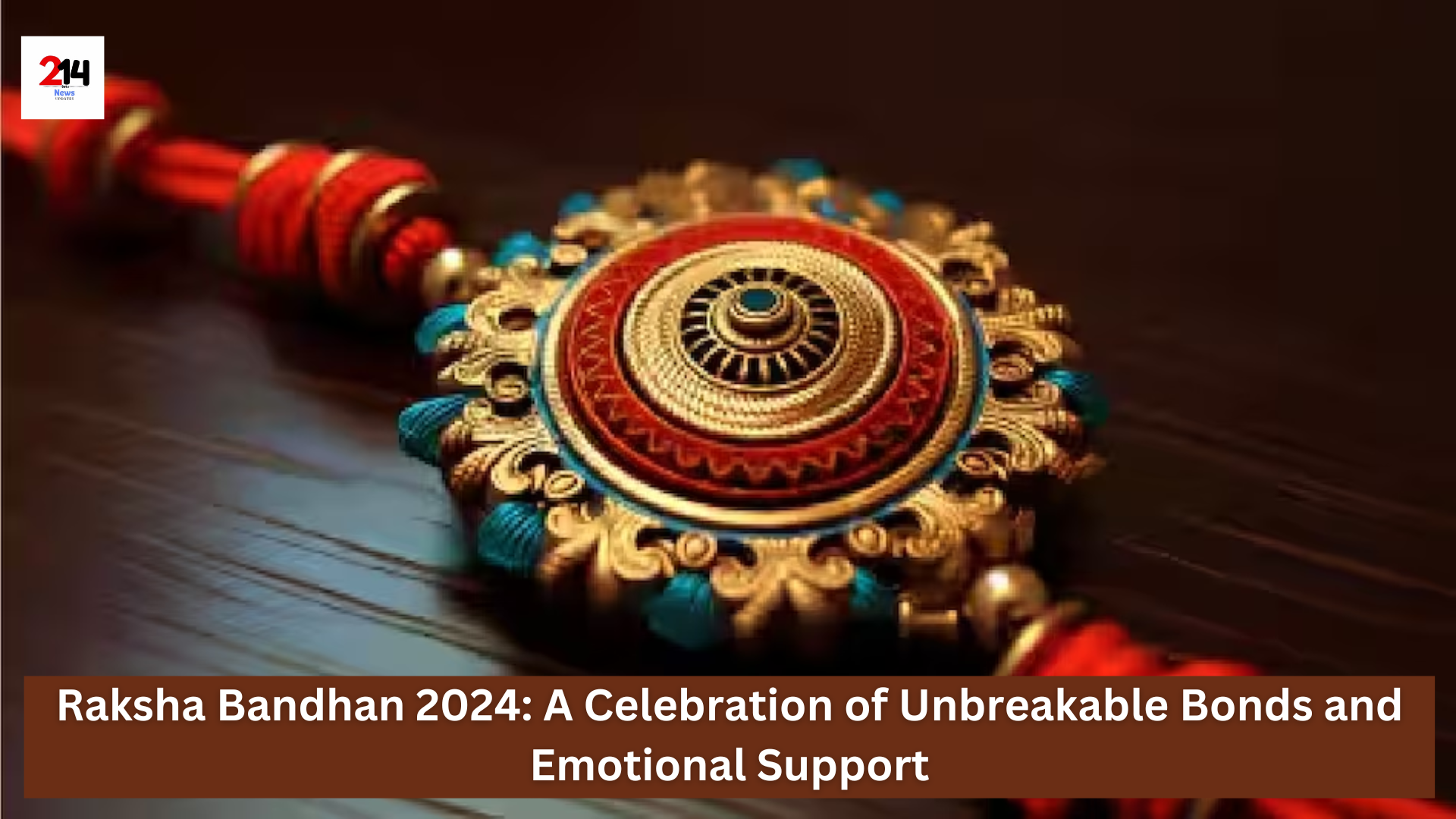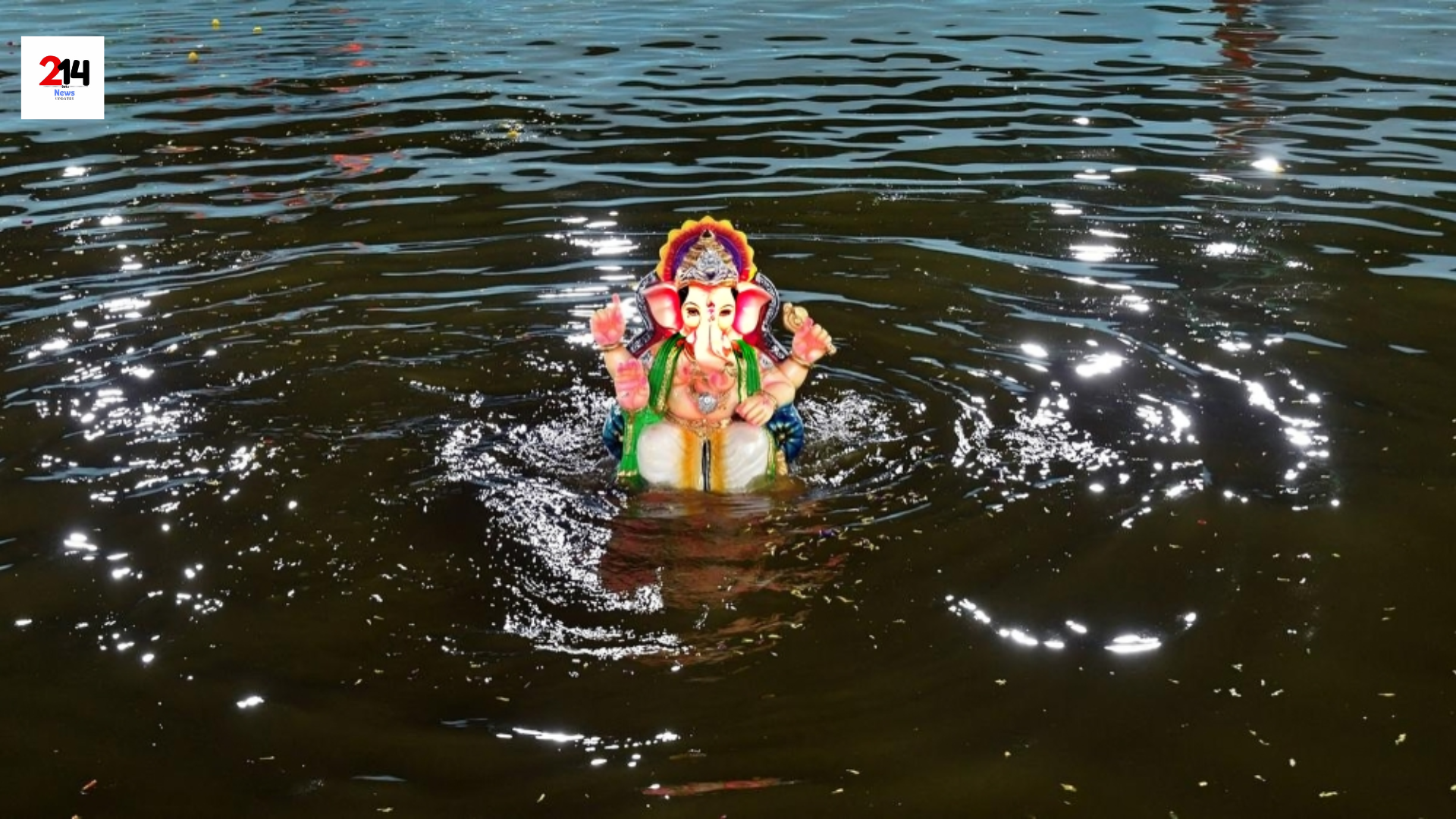
Raksha Bandhan, often referred to simply as Rakhi, is a traditional Hindu festival that celebrates the enduring bond between brothers and sisters. Falling on the full moon day of the Hindu month of Shravan (July-August), this festival is a poignant reminder of the love, protection, and mutual support that are the bedrock of sibling relationships.
Historical and Cultural Significance
Raksha Bandhan’s origins are steeped in both mythology and history. One of the most famous legends associated with the festival is that of Lord Krishna and Draupadi, a tale from the epic Mahabharata. Draupadi once tore a strip of her sari to bandage Krishna’s bleeding wrist, and in return, Krishna vowed to protect her. This story beautifully encapsulates the essence of Raksha Bandhan: a bond of protection and care between siblings.
Traditionally, Raksha Bandhan was more widely celebrated in northern India. However, over time, the festival’s popularity has spread across the country, including to the southern states. This expansion reflects the universal appeal of the values that Raksha Bandhan embodies—love, protection, and familial unity.
The Ritual of Raksha Bandhan
On Raksha Bandhan, sisters prepare a Rakhi, a sacred thread, which they tie around their brothers’ wrists. This act symbolizes the sister’s prayers for her brother’s well-being and the brother’s pledge to protect her throughout her life. The Rakhi itself, often adorned with intricate designs, is more than just a decorative item; it is a symbol of the bond that unites siblings.
The ceremony usually begins with prayers and an aarti (a ritual of worship), followed by the tying of the Rakhi. Brothers, in turn, offer gifts to their sisters as a token of their affection and commitment. The exchange of Rakhi and gifts is often accompanied by festive gatherings, family meals, and the sharing of traditional sweets like laddoos and barfis.
Evolving Significance in Modern Times
While the traditional focus of Raksha Bandhan has been on the brother’s duty to protect his sister, the festival has evolved to emphasize mutual care and support. Today, Raksha Bandhan is not just about the protection a brother offers but also about the emotional and moral support that siblings provide to each other. This shift reflects a broader understanding of the importance of reciprocal care in maintaining healthy family dynamics.
The festival has also expanded beyond biological siblings. Many people now celebrate Raksha Bandhan with close friends or those they consider to be like siblings, further extending the festival’s significance as a celebration of supportive and caring relationships.
A Festival That Transcends Boundaries
Raksha Bandhan has transcended its regional origins to become a celebration that resonates with people across India, regardless of cultural or geographical differences. Its core message of love, protection, and mutual support has universal appeal, making Raksha Bandhan a festival that not only strengthens sibling bonds but also promotes the values of family and community.
In a world that is increasingly interconnected, Raksha Bandhan serves as a reminder of the importance of nurturing and maintaining strong, supportive relationships. Whether celebrated with family or friends, the festival encourages us all to recognize and honor the people who provide us with emotional and moral support.
Conclusion
Raksha Bandhan is a festival that beautifully encapsulates the essence of sibling relationships—protection, love, and mutual support. As it continues to evolve, the festival remains a powerful symbol of the unbreakable bonds that unite us, not just as siblings, but as members of a larger community. Whether through the traditional rituals or the modern interpretations, Raksha Bandhan’s message is clear: the ties that bind us are precious and worth celebrating.

